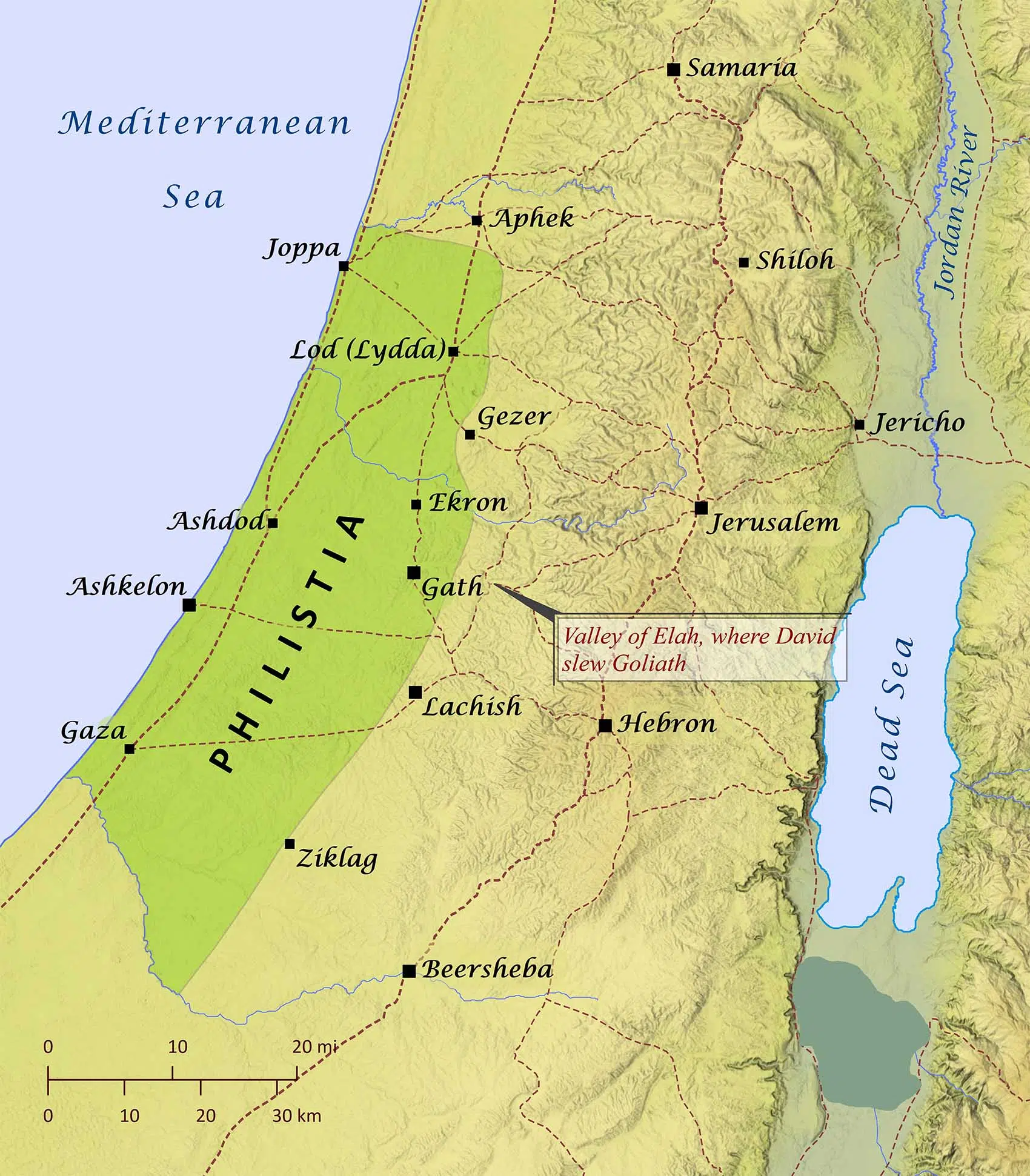In his old age, Samuel appoints his sons Joel and Abijah as judges, but they judge corruptly and take money to determine outcomes.
Now Samuel is old. He has judged Israel for many years. God had retained the legislative branch of Israel’s government to Himself, but had delegated to the people to administer the laws and appoint judges to rule over them (Deuteronomy 16:18). Samuel had been confirmed as a prophet throughout Israel (1 Samuel 1:20). Samuel was also recognized by Israel as a judge, and he “judged Israel all the days of his life” (1 Samuel 7:15). Now it came about when Samuel was old that he appointed his sons judges over Israel.
This likely was an inappropriate action on Samuel’s part, since God had delegated power to the people to appoint the judges. Samuel had appointed two sons as judges, and the name of his firstborn was Joel, and the name of his second, Abijah. Apparently Samuel had appointed them to judge a portion of Israel as a training ground, as they were judging in Beersheba, which is in the southern portion of Israel. Samuel apparently did not learn the lesson from watching his mentor Eli, whose sons were corrupt and brought judgement on Israel (1 Samuel 2-3). Samuel’s sons, however, did not walk in his ways, but turned aside after dishonest gain, and took bribes and perverted justice. In spite of this, Samuel did not remove them.
Biblical Text
And it came about when Samuel was old that he appointed his sons judges over Israel. 2 Now the name of his firstborn was Joel, and the name of his second, Abijah; they were judging in Beersheba. 3 His sons, however, did not walk in his ways, but turned aside after dishonest gain and took bribes and perverted justice.
Check out our other commentaries:
-
Proverbs 31:19-22 meaning
The excellent wife serves both her household and the community....... -
Zephaniah 2:8-11 meaning
The LORD pronounces judgment against Moab and Ammon for their arrogance against His covenant people. He will destroy them like Sodom and Gomorrah were destroyed....... -
Genesis 4:1-5 meaning
Adam and Eve had two sons, Cain and Abel. At the appointed time, Cain and Abel brought sacrifices to the Lord. God accepted Abel’s sacrifice,...... -
Ecclesiastes 6:1-2 meaning
There are severe consequences to squandering God’s gifts....... -
Exodus 25:31-40 meaning
The next item described for the tabernacle was the golden lampstand. It was to be placed on the opposite side from the Table of Showbread......



